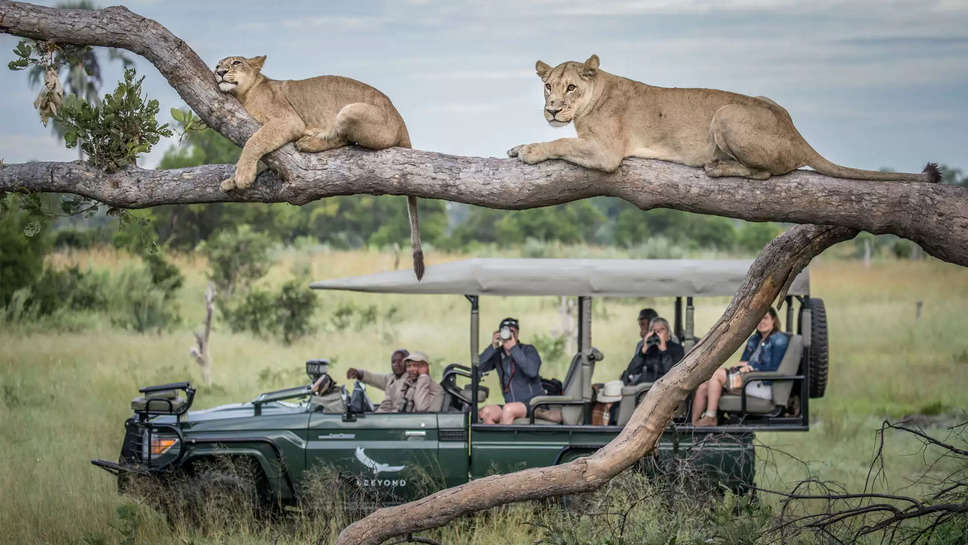Top 5 Myths About Traveling In Africa

Here are some widespread misconceptions about travelling in Africa and the reasons they are untrue:
- Africa is Just One Big Place
In the media and popular culture, Africa is frequently referred to as a single location, like when Tanya Plibersek, Australia's shadow foreign affairs spokesperson, called Africa a nation. However, the continent is home to 54 nations, many cultures, an estimated 2,000 languages, and geographically distinct regions. The Sahara, the world's biggest desert, and the world's tallest free-standing mountain are both found in Africa (Kilimanjaro). In only the previous ten years, more than 600 new species have been found in Madagascar.
-
Africa is Dangerous
Al-Shabab attacks in Kenya, the ongoing battle with Boko Haram in Nigeria, Somalia's trouble forming a stable government, South Sudan's civil war, and the entire Kony 2012 movement haven't helped Africa's image. Most people have a mental picture of Africa as a region seething with strife and danger at every turn because to our cultural memory of "blood diamonds," the Rwandan genocide, and Black Hawk Down. True, there are parts of Africa that are extremely hazardous to go through. But again, you can't generalise in this situation. There are also a tonne of secure areas.
- Africa is Only for Voluntourism or Safaris
When it comes to tourism, the majority of people believe that going on a safari and having everything prearranged are the only ways to see Africa. Few people consider "backpacking" in Africa to be possible or safe, yet the continent has a backpacker's route much like Asia or South America, and it's populated with tourists who are neither volunteers nor safari seekers. There is so much more to do and see in Africa, including visiting the Pyramids of Giza in Egypt, unwinding on Zanzibar's well-known beaches, scaling Mount Kilimanjaro in Tanzania, discovering the historic city of Marrakech in Morocco, scuba diving in Mozambique, touring South Africa's townships, and bungee jumping at Victoria Falls in Zambia, one of the world's seven natural wonders.
-
Africa is Dirty and Underdeveloped
Since the middle of the 1990s, Rwanda has lifted millions of people out of poverty, upheld peace, and increased the participation of women in politics. In Africa, the prevalence of cell phones is surging. Most of southern Africa and parts of East Africa, including Tanzania and Zambia, had decent roads. Even if there are numerous development issues that need to be resolved, the idea that most of the African countries are underdeveloped, impoverished backwaters is just not true in the present.
-
Africa is Full of Diseases
Many people were concerned that they would be in danger if they travelled to South Africa after the Ebola scare a few years ago. The truth was that the outbreak was geographically closer to Europe. Another important issue is malaria, however there are significant efforts being made to do away with it. Although it is still highly recommended to talk to your doctor about prophylactic medications like Malarone or Doxycycline, the number of malaria cases on the continent has decreased as a result of an increase in pesticide and mosquito net use. The mortality rate has dropped by 60%!



